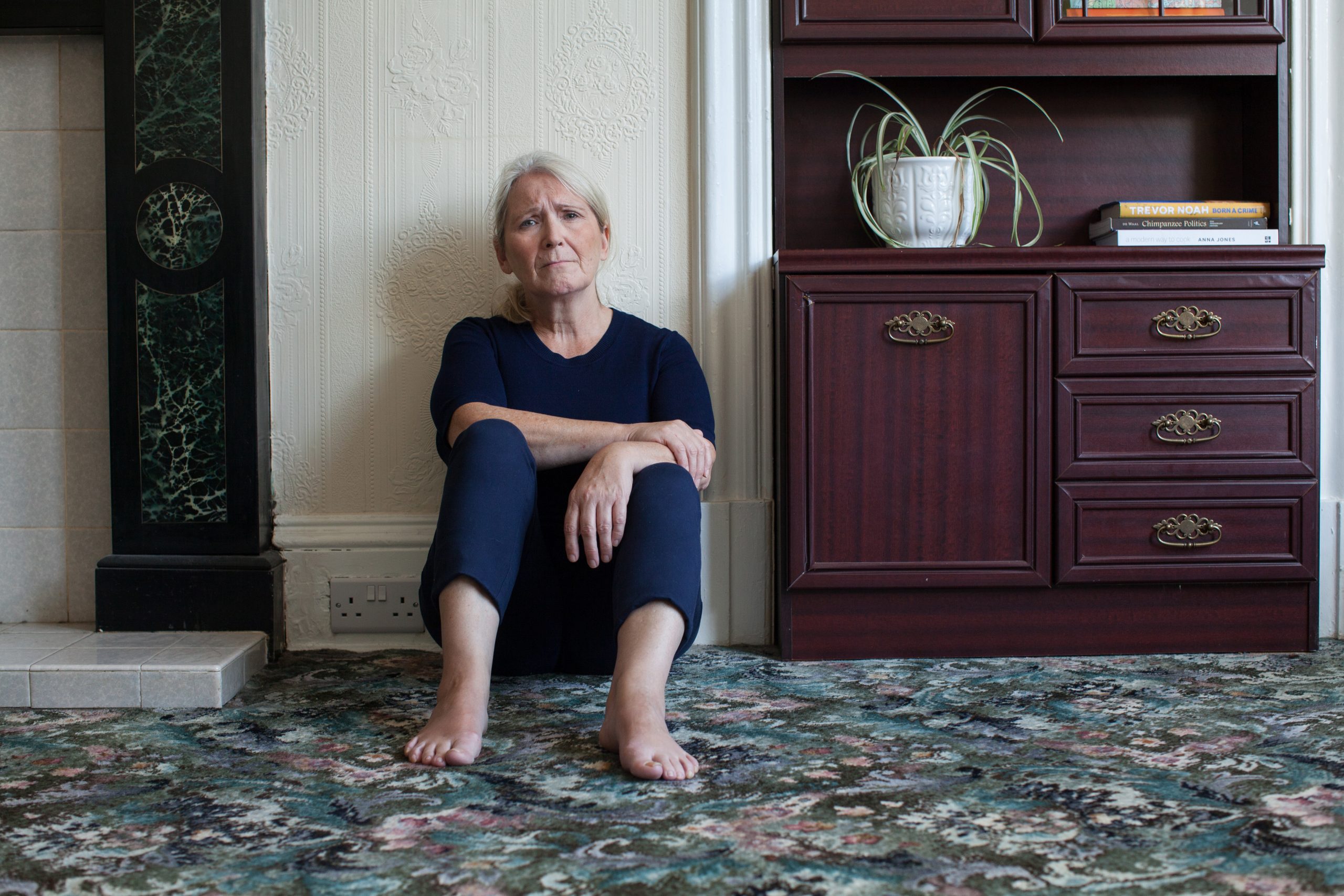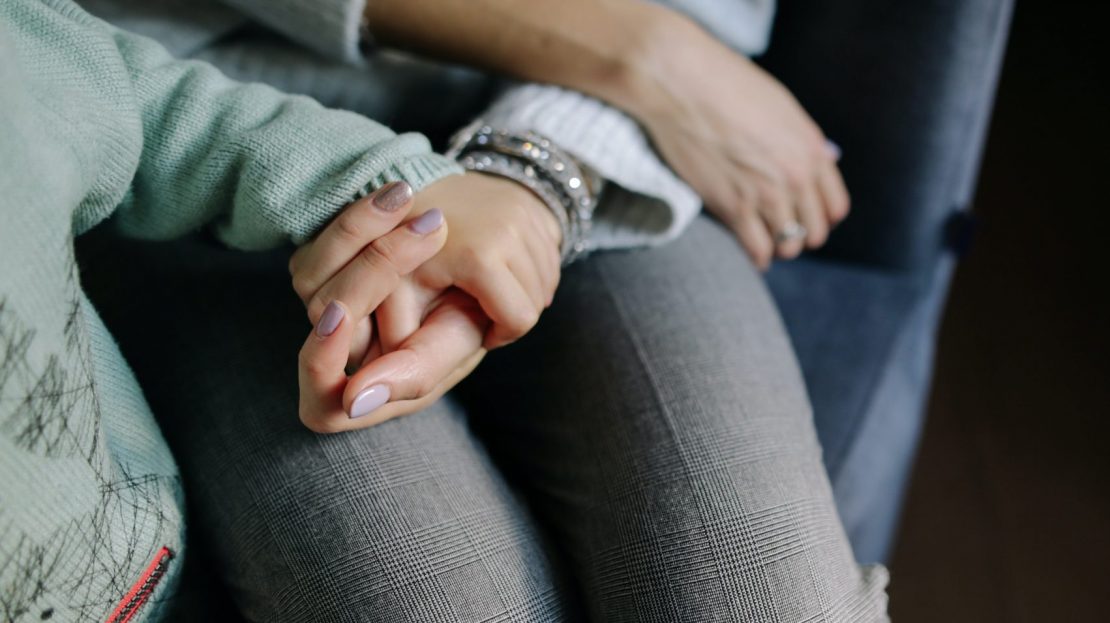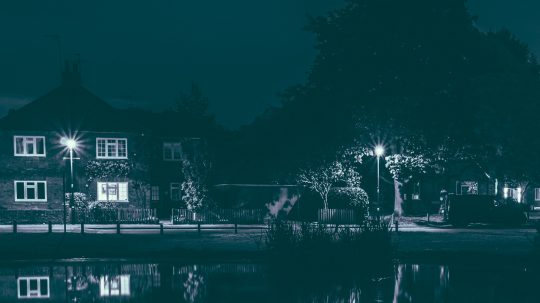TRIGGER WARNING: Please note this piece includes accounts from individuals who have experienced domestic abuse, which some may find triggering. The names of individuals have been changed to protect them.
Last year, new obligations for local authorities to provide safe housing for survivors of domestic abuse came into force. Under new guidance, survivors who apply to councils for housing should automatically be prioritised for a safe place to go. However, that does not always happen. New data shows that survivors of domestic abuse in London are still getting turned away by local authorities’ housing departments, despite the legal changes.
After 44 years of homelessness legislation, survivors of domestic abuse were automatically given ‘priority need’ status for housing through the Domestic Abuse Act 2021. ‘Priority need’ status is a term which recognises that someone must be prioritised for housing by a local authority, if they have applied for it. Such recognition of survivors’ ‘priority need’ has long been a campaign aim for women’s and homelessness charities.
However, new data obtained by EachOther from a sample of London local authorities shows that there was no significant increase in the proportion of survivors accepted as ‘priority need’ by councils in the capital after the legal changes took effect in July last year. From January to June 2021, 39% of applicants citing domestic abuse as their reason for homelessness were allocated ‘priority need’ status by their local council. After the new duty was supposed to be implemented by councils, in the period July to December 2021, this percentage rose by less than 1%.
A safe place to go: why housing is critical for survivors of domestic abuse
When Olivia was four months pregnant, her partner attacked her and pushed her to the ground on her stomach. She had to go to the hospital to check that everything was okay. After months of violent abuse, in November 2019 she ended the relationship.
“That’s when I decided, enough is enough. I’m completely done with this now,” she said. “So I walked away and I didn’t look back.”
Olivia didn’t live with her ex-partner, but she explained to us that he would stalk her after the relationship ended. Olivia said he kept threatening to kill her and their newborn baby over the phone. After she reported the threats to the police, social services intervened and helped her advocate for a move with the local council. Olivia was told by her local authority that she needed to move immediately and was offered settled accommodation within a couple of days.
“They helped me a lot,” she said. “They said that mine and my children’s safety comes first. He didn’t live with me, but because he knew where I lived, they [the local authority] said that they didn’t feel comfortable with me living there. So, we packed up all our stuff and moved to where I’m living now.”
Lives may be on the line
On average, two women are killed by a current or former partner in England and Wales each week. The first months after a survivor leaves an abusive partner are critical. At this point, a survivor – eight out of ten times a woman – is at high risk of being hurt, or worse. Often with little money, few belongings and children in tow, she tries to escape. There is one thing that she needs above all else – a safe place to go.
“Domestic abuse victims have often left with a bag and very little else they own. They may have challenges in newly accessing benefits,” said Rebecca Goshawk of Solace Women’s Aid, a charity that supports survivors of abuse in London. “They may have their finances still entangled with their perpetrator [of abuse], which can leave them really vulnerable.”
When a survivor is turned away from safe housing, the impact can be devastating. Dr Saira Khan, a psychologist who works with survivors of domestic abuse, says that most of her clients who have experienced domestic abuse have post-traumatic stress disorder (PTSD), which can make them anxious, depressed and experience intense emotions. The experience of being disbelieved by a housing officer can be “re-traumatising”, she says.
“The impact on the survivor is being unheard and invalidated yet again. And it brings up that same trauma because what the abuser did for years was not hear them and not validate them.”
“If a survivor is going to recover from trauma, she can’t do it without a safe place to be. She has to feel safe in order to move forward.”
Hannah Green, author and advocate with the Centre for Homelessness Impact, has experienced homelessness. She said: “It’s impossible to feel safe when you don’t know where you’re going to be sleeping each day. You know that everything is out of your control – and when you’ve experienced trauma, that is triggering as hell.”
How is the Domestic Abuse Act meant to change survivors’ access to safe housing?
Previously, survivors had to prove that they were vulnerable to qualify for housing. ‘Priority need’ was limited to specific groups, like pregnant women and people with disabilities.
Proving vulnerability was a “massive obstacle used against survivors”, says Isabella Mulholland, a legal caseworker at the Public Interest Law Centre, who advises survivors seeking to access housing support. She said that prior to the Domestic Abuse Act (2021) and after it had passes, local authorities would compel survivors to produce police reports detailing their abuse to qualify as homeless, despite the guidance stating that this was not required.
However, some London councils also required women to show proof of physical violence, said Goshawk, despite the official guidance explicitly stating that all forms of domestic abuse must be taken into account. After parliament passed the Serious Crime Act in 2015, criminalising emotional and psychological abuse, then prime minister Theresa May said these forms of abuse were “tantamount to torture”. Despite this, a Solace Women’s Aid survey in 2021 showed that 37% of their staff who were supporting women applying to local councils for housing had been asked for proof of physical violence.
Under the Domestic Abuse Act, the vulnerability test for survivors of domestic abuse was scrapped. Survivors must still prove they have been abused, but not that this makes them especially vulnerable.
Still, less than half of London’s homeless survivors of domestic abuse are classed as in ‘priority need’
Critics say that while the legal changes were welcome, councils are failing to implement them one year on and are continuing to turn domestic abuse survivors away when they apply for rehousing.
Sophie Ireland, Senior Policy and Public Affairs Officer at the charity Refuge, said: “Some of our frontline staff are actually reporting that this type of behaviour has increased. Housing officers will attempt to delay or deny survivors from making a homelessness application and from accessing emergency accommodation off the back of that.”
Despite the new duty, some survivors are being told that they do not qualify for ‘priority need’ status, Ireland said. At the very least, she added, there is “inconsistency” between local authorities. “It’s really important that the ‘priority need’ extension delivers what it’s supposed to.”
Mulholland, said that since the Act passed, she has seen more local authorities attempt to delay homeless applications.
“The gatekeeping has shifted. Something we are seeing a lot is when housing authorities are not making a decisions on homeless applications so they then don’t have to provide accommodation, even in urgent circumstances.”
While the government has “good intentions” with the Domestic Abuse Act, local authorities are under “huge pressure”, she said. If ‘priority need’ changes are not supported by building more social housing and increasing funding for local authorities, ‘gatekeeping’ will continue.
The problem, says Goshawk, is that there are not enough houses for social rent, especially in London, which is the “epicentre of the housing crisis”, according to Cllr Darren Rodwell of London Councils. Last year, 250,000 households were on waiting lists for social housing in London alone. Of those households on social housing waiting lists across the UK, one in ten has to wait there longer than five years. Waiting lists are set to increase to more than two million households nationally this year.
The Chair of The Local Government Association‘s Safer and Stronger Communities Board, Cllr Nesil Caliskan, stated: “To enable local authorities and partners to effectively tackle domestic abuse, there must be an equal focus on and funding for prevention and early intervention measures that aim to prevent domestic abuse happening in the first place, alongside wider community-based domestic abuse support services.”
Visit EachOther’s website throughout this week for more coverage of domestic abuse and sexual violence as they relate to our rights in the UK.
If you are experiencing domestic abuse, you can call the UK’s 24-hour National Domestic Abuse Helpline on 0808 2000 247.








